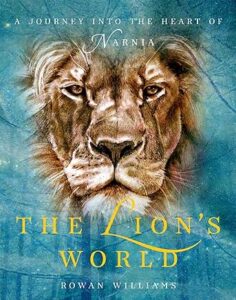I am reposting this very early Bookwi.se review from 2009 because the Kindle Edition is on sale for $1.99
It is hard not to compare this series of young adult fantasy books with Harry Potter. Both Harry Potter and the Nicholas Flamel books concern magic, immortality, the epic struggle of good and evil and children that are powerful magicians, but grew up unaware of their power.
The first book, The Alchemyst (my review), barely started the series. Even at 400 pages, we only follow the two teens for two more in the first book. The Magician is just under 500 pages and only gets us another 3 days. But these books are not slow. They follow two 15 year old twins that we discover in this book are, in fact, the twins of an old prophesy.
This is not a new theme for young adult books. I think it is one of the older themes of young adult books, the discovery that you are someone that really is important. There is a Steve Taylor song, “Hero”, that talks about a boys dream of becoming a hero. As the boy ages in the song, the dream cracks, but does not die. The hero is what most boys want to be (an probably most girls too.)






 Summary: A wandering, but very encouraging story of how obedience can be used by God.
Summary: A wandering, but very encouraging story of how obedience can be used by God.